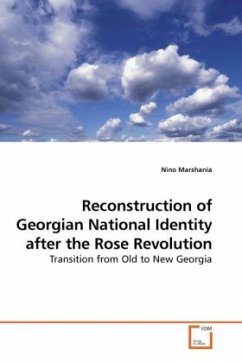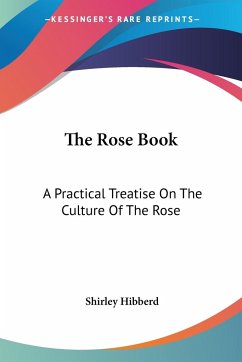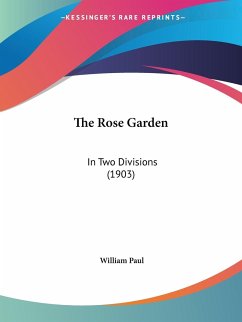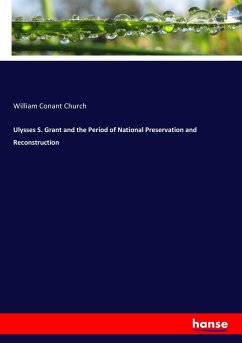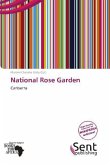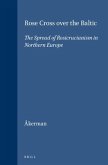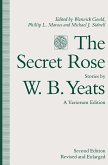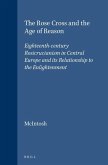This book explores the reconstruction of Georgian national identity after the Rose Revolution in November 2003, a time when new definitions of Georgian national identity emerged. This book analyses the ways in which the media contributed to the formation and dissemination of dominant discourses of Georgian national identity. It incorporates a critical discourse analysis of a media archive to identify the dominant discourses on Georgian national identity flagged in the media. The main debate around Georgian national identity was its transition from "Old" to "New" Georgia, and the unity of the Georgian people. To accentuate this discourse of unity, the media approached national identity by excluding multiethnic reality of Georgia, and bringing forward Christianity and the unique Georgian culture as unifying factors. Discourse on transition from "Old" to "New" Georgia was introduced to distinguish Georgian national identity from an "Old" Georgia that was associated with poverty, corruption and ethnic conflicts, and introduce a "New" Georgia associated with the Rose Revolution framed as a success story of Georgian Democracy.

